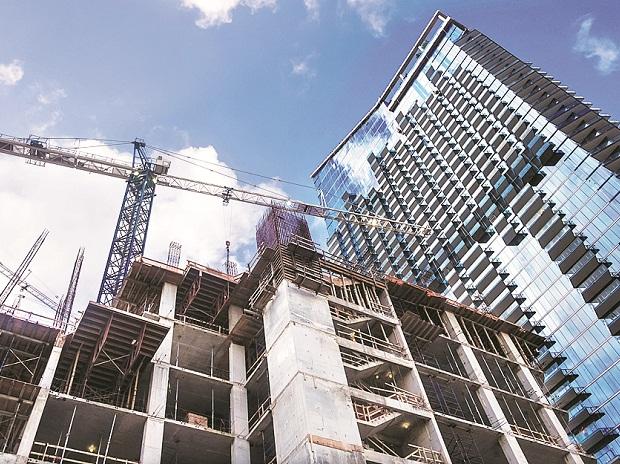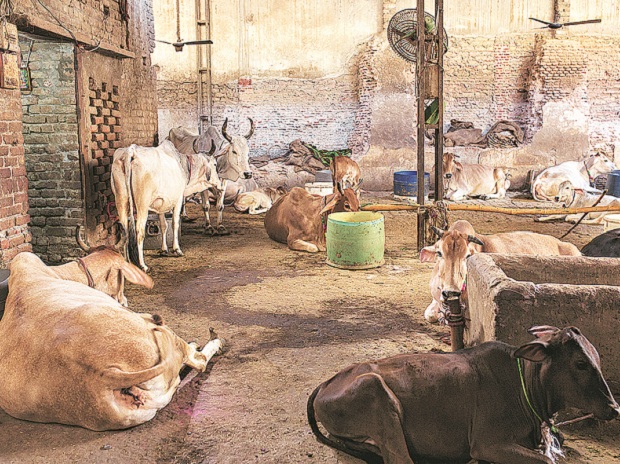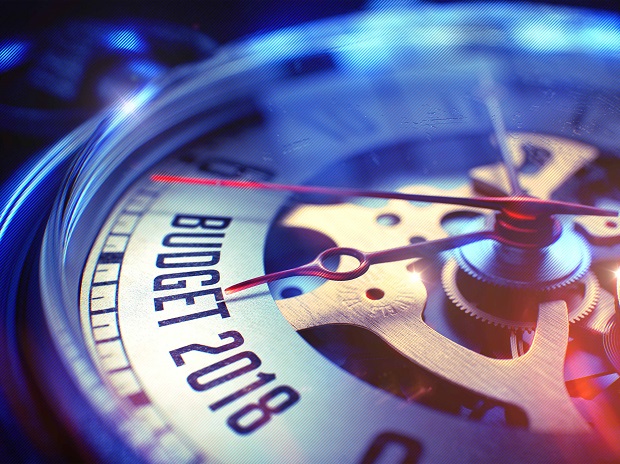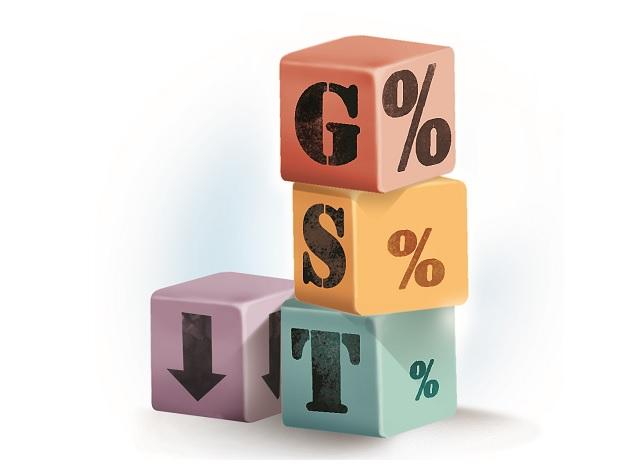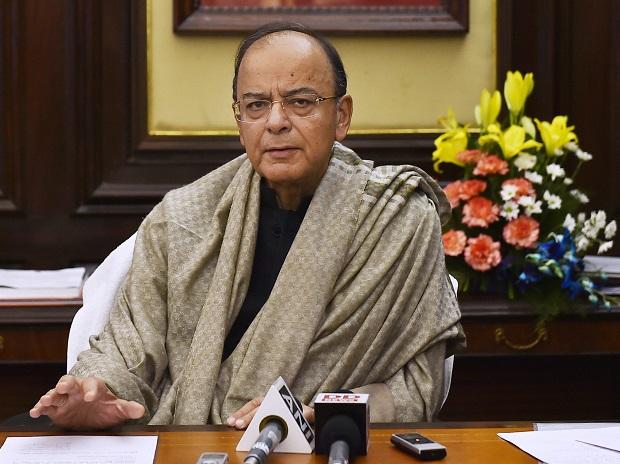As India’s Finance Minister is days away from presenting Budget 2018, there are two key issues that he must address to boost investment and growth in the country. They are: Non-tax revenues from land bank monetisation of public institutions, and full tax-exempt status for income from debt instruments issued by Real Estate Investment Trusts (REITs) and Infrastructure Investment Trusts (InvITs) in India.
The budget must pay attention to non-tax sources of revenues especially with a view to partially monetising the land banks of large public institutions such as the Indian Railways and the Airport Authority of India (AAI).
Land bank monetisation solves two core problems for India — lack of available land for infrastructure and lack of financing for infrastructure. It also leads to productive use of an asset of great value that is lying idle. Land utilised for infrastructure will be land that will be used for productive purposes and therefore will create jobs, a much-needed requirement for a young and growing population.
While talk of land bank monetisation has been around for over a decade, little has been done by way of a fully structured policy and its consequent implementation. What the budget needs to outline is a strategy around land bank monetisation much beyond simply stating numbers.
